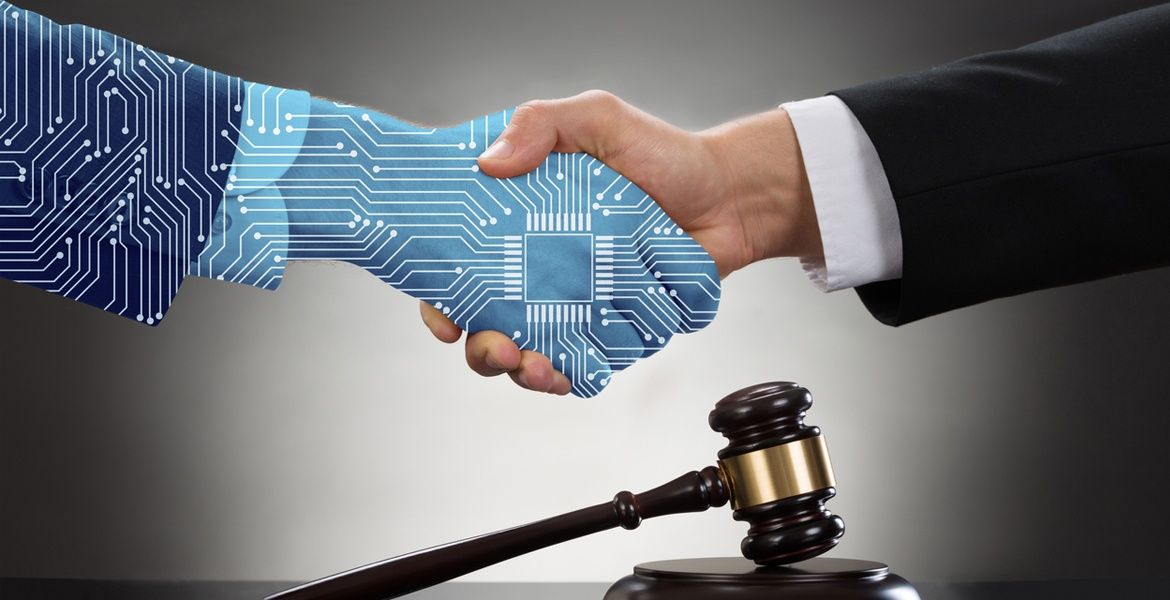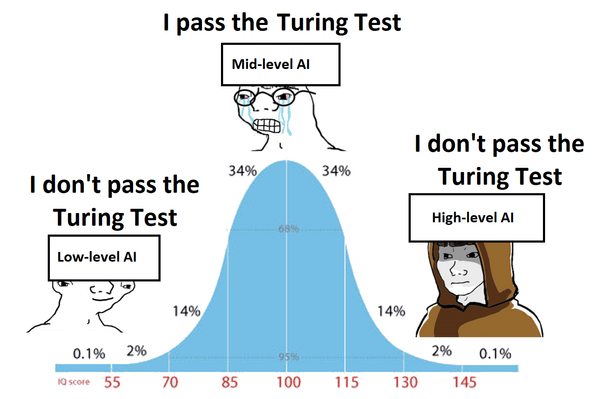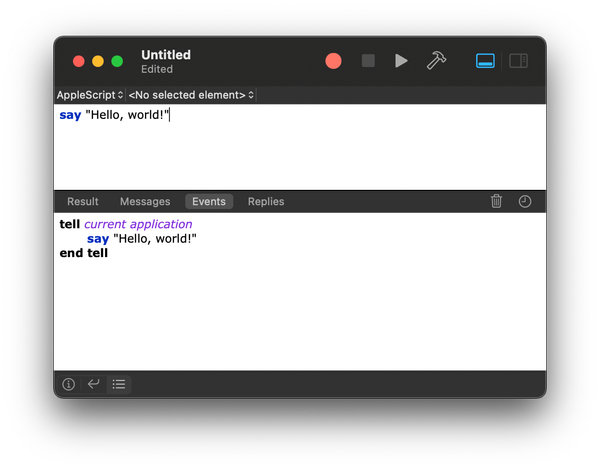Exploring the Potential of AI Chatbots in Legal Services
AI has revolutionised various industries and the legal sector is no exception. AI chatbots, powered by natural language processing (NLP) algorithms, have emerged as a promising tool in providing efficient and cost-effective legal services.

Introduction
Artificial Intelligence (AI) has revolutionised various industries and the legal sector is no exception. AI chatbots, powered by natural language processing (NLP) algorithms, have emerged as a promising tool in providing efficient and cost-effective legal services. This article explores the potential of AI chatbots in legal services, delving into their underlying technologies, benefits, challenges and future implications.
Understanding the Technology Behind AI Chatbots
AI chatbots rely on advanced NLP algorithms to understand and interpret human language. They use techniques such as named entity recognition, sentiment analysis and intent classification to extract meaning from user queries. These algorithms enable chatbots to comprehend complex legal language, identify key concepts and provide accurate responses.
To build an AI chatbot, developers typically employ machine learning techniques such as supervised learning, unsupervised learning and reinforcement learning. Supervised learning involves training the chatbot on a labeled dataset, where human experts provide correct responses to various legal queries. Unsupervised learning allows the chatbot to discover patterns and insights from unstructured legal text data. Reinforcement learning enables the chatbot to learn from user interactions and improve its responses over time.
Benefits of AI Chatbots in Legal Services
Enhanced Accessibility
AI chatbots make legal services more accessible to individuals who may not have the means to hire a lawyer. By offering 24/7 availability, chatbots can provide legal guidance and answers to commonly asked questions, ensuring that legal information is readily available to everyone. This accessibility empowers individuals to make informed decisions and understand their legal rights.
Cost-Effective Solution
Hiring a lawyer can be expensive, especially for routine legal matters. AI chatbots provide a cost-effective alternative by automating repetitive tasks and offering basic legal advice. This allows law firms to allocate their resources more efficiently and focus on complex legal matters. Additionally, chatbots can provide self-help resources and guidance, reducing the need for costly consultations.
Time-Saving
AI chatbots can significantly reduce the time spent on administrative tasks, such as document preparation, contract review and legal research. By automating these processes, lawyers can devote more time to strategic and high-value work, improving productivity and client satisfaction. Chatbots can quickly search through vast legal databases, extract relevant information and provide accurate answers, saving valuable time for both lawyers and clients.
Improved Accuracy
Legal matters require precise and accurate information. AI chatbots, equipped with advanced NLP algorithms, can understand and interpret complex legal language with a high degree of accuracy. They can analyse legal documents, contracts and case law to provide accurate and up-to-date information. This reduces the risk of errors and ensures consistent and reliable legal advice, enhancing the overall quality of legal services.
Scalability
Law firms often face challenges in managing a large volume of client inquiries. AI chatbots can handle multiple conversations simultaneously, providing instant responses and scaling their services to accommodate increasing demand. This scalability improves client satisfaction and helps law firms handle a higher workload without compromising the quality of service. Chatbots can also learn from past conversations and continuously improve their responses, further enhancing their scalability.
Challenges of AI Chatbots in Legal Services
Ethical and Legal Concerns
AI chatbots must comply with ethical and legal standards to ensure the protection of client information and maintain confidentiality. Data privacy, security and compliance regulations pose challenges that need to be addressed to build trust in AI chatbot solutions. Law firms must ensure that chatbots handle sensitive information securely and follow strict data protection protocols.
Lack of Human Judgment and Context
While AI chatbots excel at processing and analysing data, they may lack the human judgment and contextual understanding required in complex legal matters. Chatbots should be designed to recognise situations that require human intervention and seamlessly transfer the conversation to a human lawyer when necessary. This hybrid approach ensures that chatbots augment human expertise rather than replace it, providing a balance between efficiency and personalised legal advice.
Limited Domain Expertise
AI chatbots are most effective when dealing with routine legal matters. However, complex legal cases may require specialised domain expertise that chatbots may not possess. Law firms need to strike a balance between leveraging AI chatbots for efficiency and ensuring access to human expertise for complex legal issues. Integrating chatbots with human lawyers can provide a comprehensive solution, where chatbots handle routine tasks and lawyers handle complex legal analysis and strategy.
Maintenance and Updates
AI chatbots require continuous maintenance and updates to stay relevant and effective. Legal regulations, case law and client requirements change over time, necessitating regular updates to the chatbot's knowledge base. Law firms need to allocate resources for ongoing maintenance to ensure the accuracy and reliability of their chatbot solutions. Regular training and retraining of chatbot models are essential to adapt to evolving legal landscapes.
Conclusion
AI chatbots have the potential to transform the legal services industry by providing enhanced accessibility, cost-effectiveness, time-saving capabilities, improved accuracy and scalability. While there are challenges to overcome, such as ethical concerns, limitations in domain expertise and the need for ongoing maintenance, the benefits offered by AI chatbots make them a valuable tool for law firms and individuals seeking legal assistance. As technology continues to advance, AI chatbots will likely play an increasingly significant role in the delivery of legal services, augmenting human expertise and improving access to justice.



